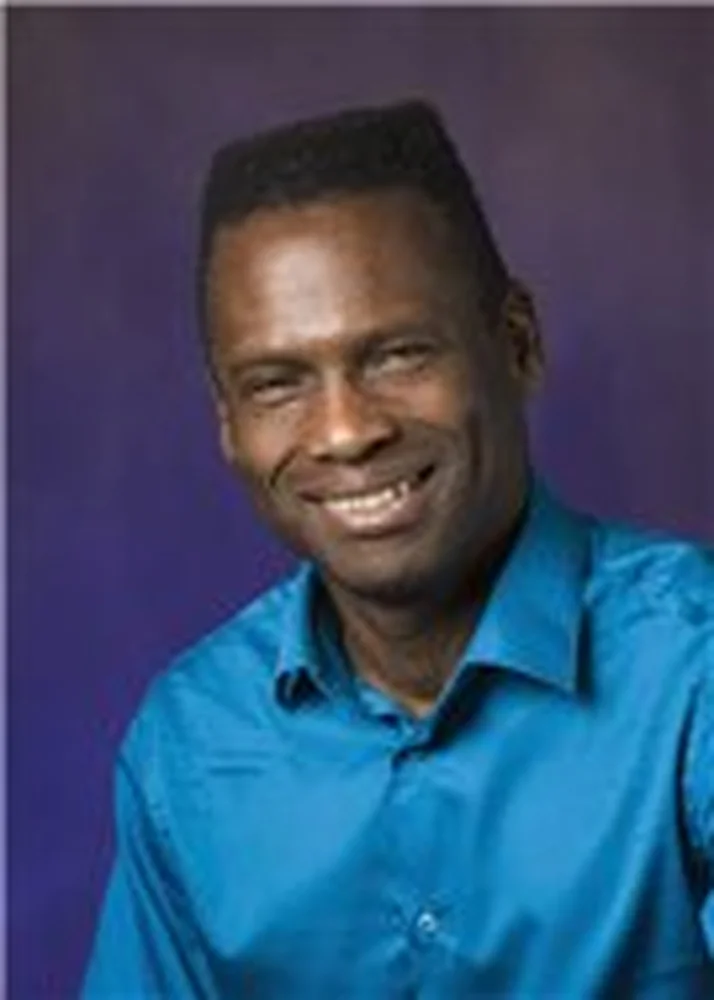
The following is an excerpt from a Q&A series, "Black Voices in Physics," that tells the stories of more than a dozen physicists in an effort to show the barriers to Black people’s participation in physics and suggest changes to make the field more welcoming. The series was published by the magazine, Physics Today, the flagship publication of the American Institute of Physics, and one of the physicists interviewed was Philip Phillips, a professor of physics and chemistry at the University of Illinois Urbana-Champaign. Below is his Q&A that was published Oct. 23, 2020.
Black physicists at every career stage say that they encounter racism, both overt and subtle, that they are not taken seriously, and that they have to prove themselves over and over. They watch as their white peers are promoted before them. People assume they’re in the wrong place as they head toward a physics laboratory or enter a conference room to give a talk. And they deal day-to-day with racism as they are stopped by police or followed in stores.
In January the American Institute of Physics unveiled a 200-page report that examines why there are so few African Americans in physics. (AIP also publishes Physics Today.) For decades, as the number of Black students earning bachelor’s degrees across all fields has gone up in the US, and as the number of people earning bachelor’s degrees in physics has skyrocketed, the proportion of those physics degrees earned by Black students has stagnated at around 4%. Two key reasons for that stagnation, according to the AIP report, are the lack of a supportive environment and the financial challenges that many Black students face.
Physics Today interviewed 14 Black physicists. They are graduate students. They are professors. They work in industry. They are theorists. They are experimentalists. Their areas of research include studying the nature of dark energy, analyzing exoplanet atmospheres, and building lasers for NASA.
- Following is the interview with Philip Phillips, a theoretical high-energy and condensed-matter physicist at the U of I.
Having lived in Trinidad and Tobago until age 10, Phillips feels “some sense of solace that the situation in the US is not the only reality that exists for Black people.” With that perspective, he sees it as his responsibility to work to improve things in his adopted country.
PT: Have you faced discrimination as a Black physicist?
PHILLIPS: Yes, but it’s not the sort of thing I talk about. I am sort of an eccentric person, and being eccentric and Black is a double whammy. That hasn’t always worked out so well for me. It is often unclear what people are reacting to. But here at UIUC, I have great students, and they know that if they work for me, they will have to take huge risks by working on problems that do not have definite answers. Those are the problems I am drawn to.
PT: Do you feel you are accepted by the physics community?
PHILLIPS: To some extent yes. But the reality in your head is not necessarily consistent. You have to look in the rearview mirror all the time. In the US, you never know what people are thinking. You never know what is true for you. For example, my white colleagues don’t have to show they own a bicycle when they ride across campus. But I do. And it goes on from there. The day in, day out weight of being Black is tangible.
PT: What strategies do you think are effective in combating racism and bias in physics?
PHILLIPS: When I encounter racism, I speak out against it, no matter who it is against. I write letters. I advocate that there is a role for physics in curbing police brutality: Physics societies should not host meetings in cities that have a history of police brutality. The American Physical Society committee on meetings has adopted this. This is potentially big. It could be a major economic driver. I force myself to do things like this because if physics doesn’t have anything to say about society, then it’s useless.
And I actively recruit Blacks into physics. That is the only way to change the perception that they cannot do physics. The first Black person to get a PhD in the US was Edward Bouchet. He earned his PhD in physics from Yale in 1876. If he had been allowed to be a professor, Blacks would be viewed differently today, and we probably wouldn’t be having this conversation.
PT: Do you think the heightened awareness and support for Black Lives Matter will make a difference in US society?
PHILLIPS: I don’t know. I see a lot of lip service, but I am only interested in real proposals and seeing that they get done.